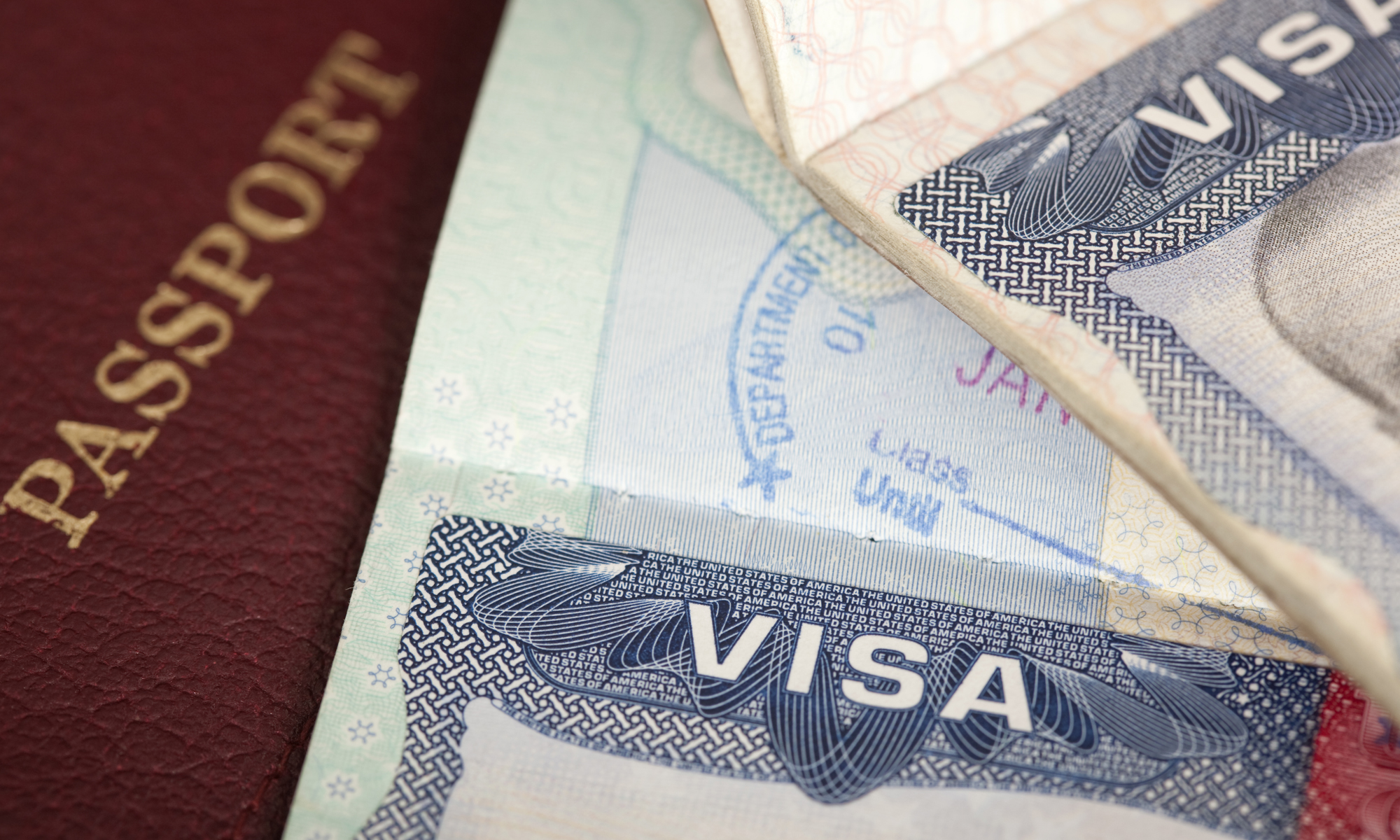COVID-19 social distancing directives, State and Federal agency closures and remote work requirements have made it impossible for employers to comply with the normal I-9 and E-Verify regulations on timing and review of employee documents. To address these concerns, USCIS has announced several measures to extend time frames and loosen its normally strict requirements. In this blog, we discuss USCIS suspension of the I-9 requirement to review physical documents, an automatic 60 day extension for all I-9 audit responses, acceptance of expired documents for new hires who are unable to update driver licenses and state IDs, as well as E-verify suspension of the 8 day response time for responding to Tentative Nonconfirmations.
Physical Review of I-9 Documents Requirement Delayed
Department of Homeland Security announced that due to social distancing directives and stay at home orders, that it will relax the requirement that employers see the physical documents requried for I-9 completion. USCIS said, “it will exercise discretion to defer the physical presence requirements associated with Employment Eligibility Verification (Form I-9) under Section 274A of the Immigration and Nationality Act (INA). Employers with employees taking physical proximity precautions due to COVID-19 will not be required to review the employee’s identity and employment authorization documents in the employee’s physical presence.” This announcement does not eliminate the requirement to complete the I-9 within four days of hire, but allows for employers to complete the I-9 remotely without physical verification of the identity and work authorization documents.
Employers who utilize this option must include documentation of their onboarding and telework policies with its I-9 files. Once normal operations resume, all employees who were onboarded using remote verification, must report to their employer within three business days for in-person verification of identity and employment eligibility documentation for Form I-9, Employment Eligibility Verification. Once the documents have been physically inspected, the employer should add “documents physically examined” with the date of inspection to the Section 2 additional information field on the Form I-9, or to section 3 as appropriate.
USCIS also makes clear that “this provision only applies to employers and workplaces that are operating remotely. If there are employees physically present at a work location, no exceptions are being implemented at this time for in-person verification of identity and employment eligibility documentation for Form I-9, Employment Eligibility Verification. However, if newly hired employees or existing employees are subject to COVID-19 quarantine or lockdown protocols, DHS will evaluate this on a case-by-case basis.”
Acceptance of Expired State IDs and Drivers Licenses Permitted for New Hires after 3/1/20
Another I-9 complication that has arisen in the wake of COVID-19 is the inability of new hires to present valid Drivers Licenses and State IDs due to the closure of many of these offices across the country. Many states have announced automatic extensions of Driver’s Licenses to remedy the problem. On March 26, USCIS stated that, “If the employee’s state ID or driver’s license expired on or after March 1, 2020, and the document expiration date has been extended by their state due to COVID-19, then it is acceptable as a List B document for Form I-9. Enter the document’s expiration date in Section 2 and enter “COVID-19 EXT” in the Additional Information field. Employers may also attach a copy of the state motor vehicle department’s webpage or other notice indicating that their documents have been extended.”
I-9 Audit Response Deadlines Extended for 60 Days
DHS has also announced that “Effective March 19, 2020, any employers who were served NOIs [Notice of I-9 Inspection] by DHS during the month of March 2020 and have not already responded will be granted an automatic extension for 60 days from the effective date. At the end of the 60-day extension period, DHS will determine if an additional extension will be granted.” Employer’s who have received I-9 audit notices should contact immigration counsel immediately to review I-9 forms and and audit responses.
E-Verify Announces Indefinite Extension of Time to Resolve Tentative Nonconfirmations
E-Verify has announced several temporary policies in response to numerous COVID-19 related closures and social distancing directives. Under normal circumstances, employees have 8 days to make initial contact with Social Security Administration or USCIS. This time period has been suspended indefinitely due to the numerous closures of SSA and USCIS offices nationwide.
Most important to note, is that employers may NOT take any adverse employment actions while E-Verify queries are in an interim case status, until further notice from E-Verify. Once an employer receives a Tenative Nonconfirmation, (TNC) the employer must notify the employee of the TNC as soon as possible. Employees should confirm that they will take action on the TNC as soon as is practicable after the COVID-19 emergency has ended, however as stated above, employers cannot take any adverse action against the employee while the TNC is pending. Employers should update E-verify with the employee’s decision to contest the TNC.
Specifically, USCIS has implemented the following new temporary policies:
- Employers are still required to create cases for their new hires within three business days from the date of hire.
- Employers must use the hire date from the employee’s Form I-9 when creating the E-Verify case. If case creation is delayed due to COVID-19 precautions, select “Other” from the drop-down list and enter “COVID-19” as the specific reason.
- Employers may not take any adverse action against an employee because the E-Verify case is in an interim case status, including while the employee’s case is in an extended interim case status.
For more information, read the E-Verify User Manual or visit the E-Verify Resources Page. For questions on implementing these procedures in your workplace, contact Valentine Brown or your Duane Morris Immigration Attorney.
